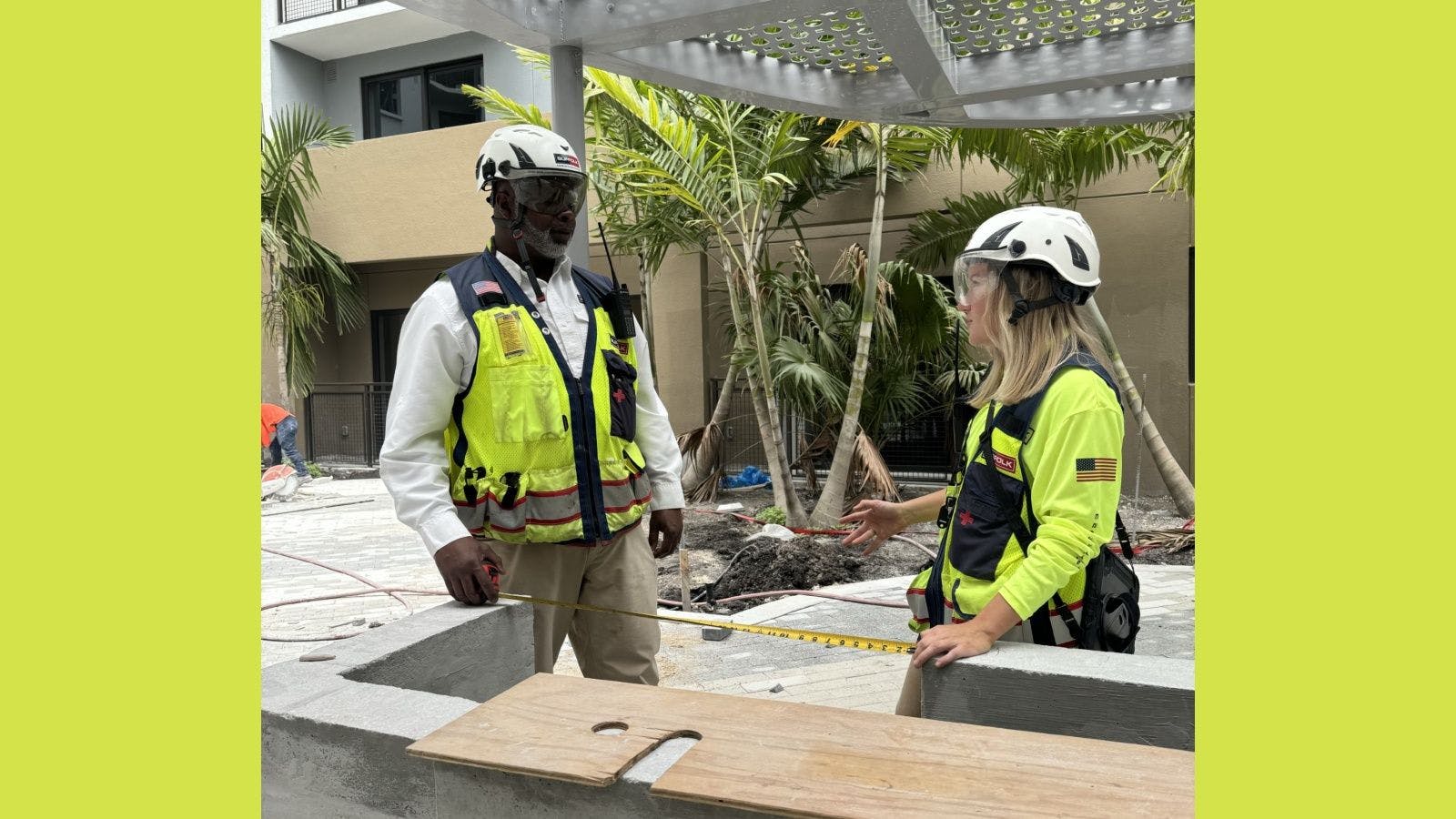
Removing Emotional Masks in Construction
Construction workers are known for being tough and strong-willed in the face of challenges. Everyone can appreciate the strength and stoicism of a tradesperson confidently accepting a gauntlet thrown down to achieve a schedule, sequence or safety production milestone.
An image often seen in the industry is one of stone-faced workers showing no emotions regardless of the circumstance. Through the expressionless looks, they seem to be saying “game on—challenge accepted.” It is easy to accept what is visible on the surface without wondering what they’re really thinking deep down underneath the determined, steely-eyed looks.
Wearing face coverings during COVID-19 has become a reality at work, making the stoic expressions of these workers even more difficult to read. These masks offer protection from the transmission of disease and also afford a degree of self-expression.
For example, take the decision someone might make to wear a mask printed with the logo of their favorite sports team. Depending on what team someone is representing and what city they are in, reactions may differ widely. By proudly displaying the logo of a rival team, one is inviting, expecting and even enjoying some banter by showing loyalty to their team. However, if someone wears the logo of the hometown team despite their secret loyalty to a rival, it merely would be to fit in, gain social acceptance, and receive positive compliments on their apparent team of choice. They would be masking their true feelings and would not be being real to themselves or to others.
Most everyone has heard the expression “wearing emotional masks.” When someone wears an emotional mask, they are similarly seeking protection by disguising their real feelings. They’re projecting that everything is fine, even when it is not.
Some people wear masks to block out the pain of sadness, disappointment or disillusionment with their lives. Some wear masks to pretend to be someone or something that they are not, possibly to compensate for some perceived shortcoming. Some people wear masks because they fear rejection or are concerned that others will not like or respect their “real” selves, while others wear masks because they never learned to be comfortable with who they are, perhaps to cover feelings of shame or embarrassment.
Removing emotional masks requires honesty and vulnerability. A major benefit of taking off one’s emotional mask is being honest with one’s self and others. It is exhausting to keep up the appearance that everything is fine, knowing deep down that it is not.
Rick Warren, author of the book “The Purpose-Driven Life,” said “wearing a mask wears you out. Faking it is fatiguing. The most exhausting activity is pretending to be what you know you aren’t.”
Removing one’s emotional mask is a journey of gut-wrenching self-discovery that begins with honesty and vulnerability. Author Alan Moore explains: “you wear a mask for so long, you forget who you were beneath it.”
When people accept themselves as imperfect people in an imperfect world, they can accept the need for personal growth and development. The best path to personal growth is to take off the emotional masks. Anyone wishing to become a more authentic person must take the first step of recognizing the emotional mask they’re wearing. Understand why the mask was being worn and acknowledge that the mask served its purpose of protecting the wearer.
Of course, each person can only control him or her self. There is no way to force someone to take down their walls and open up, but leading by example can spark a powerful chain reaction that can revolutionize an entire office, or even an entire company. When someone chooses to remove their emotional mask and be vulnerable, they signal to others that it’s okay to bring their most authentic selves to work. By changing the culture and erasing the stigma around mental health, the industry can change, and even save, lives. So, let’s all start today and remove the mask—and in the process, make it okay to not be okay.
Related stories








